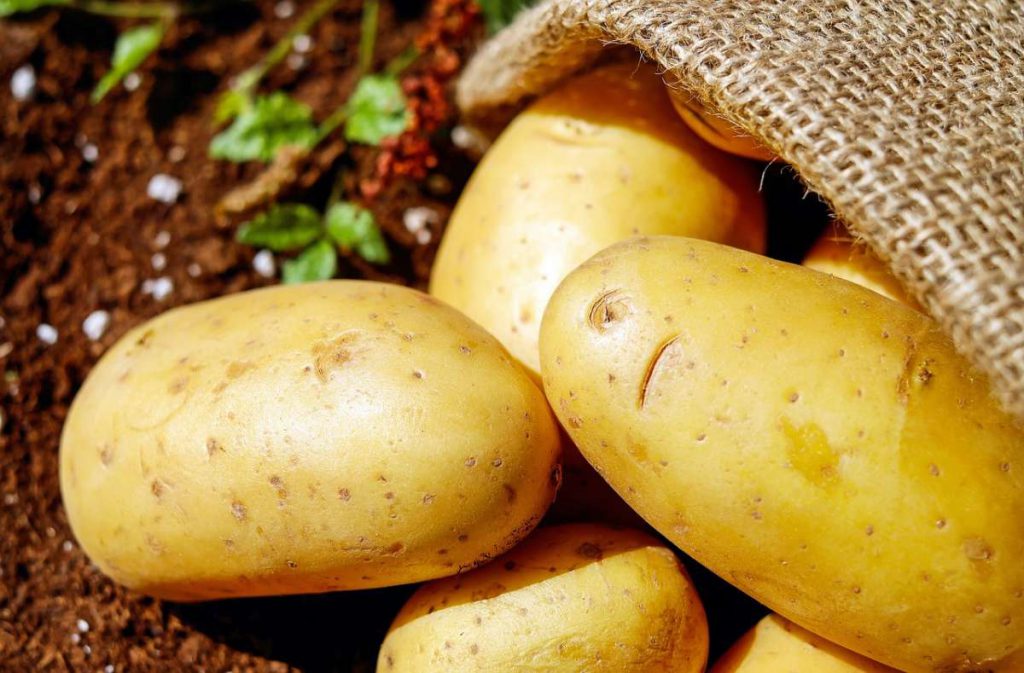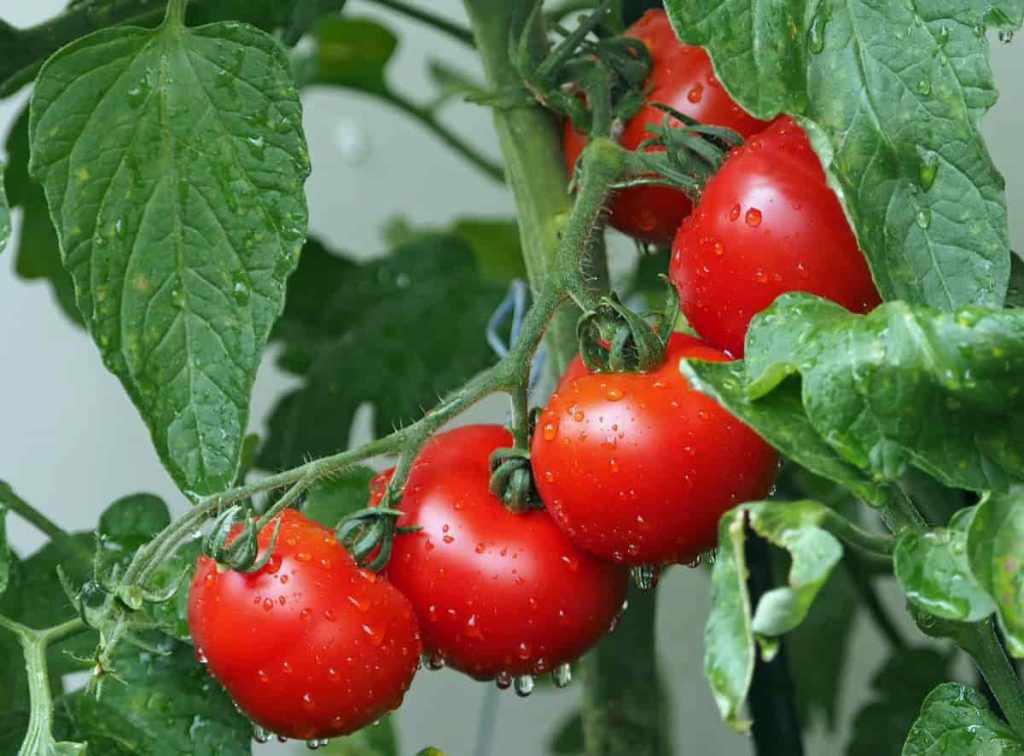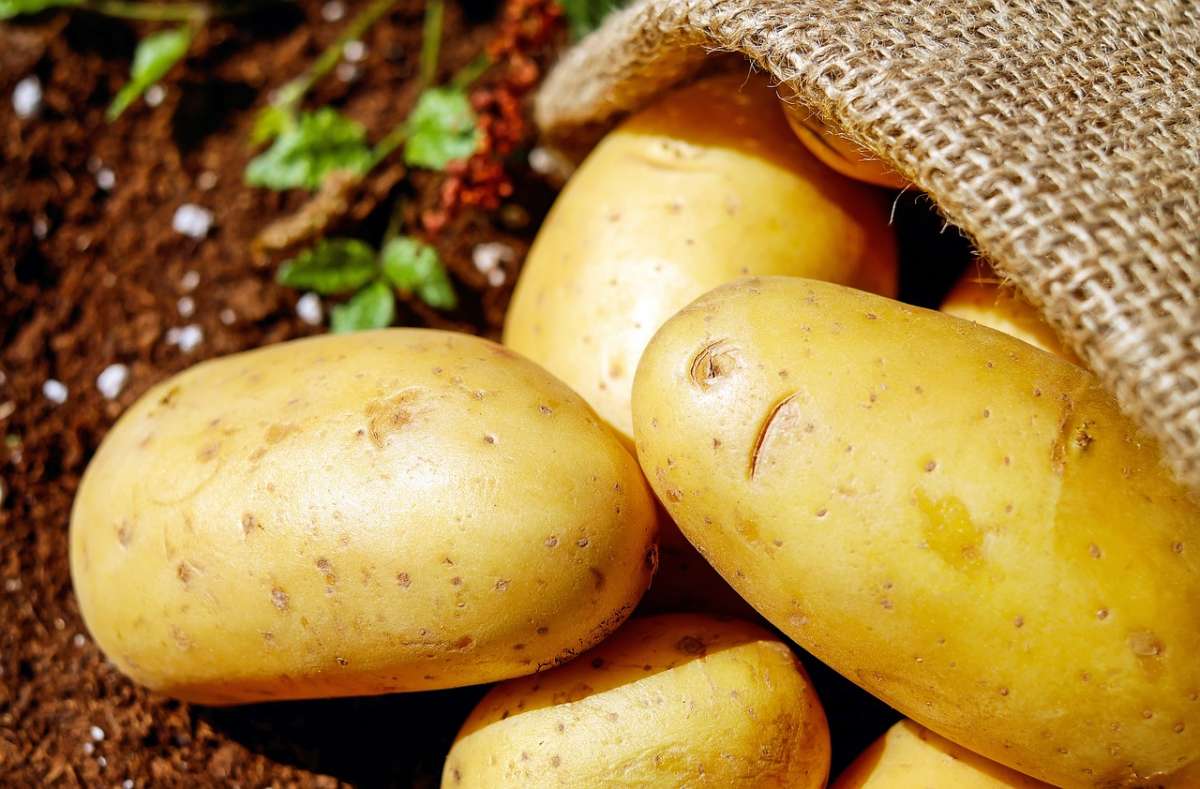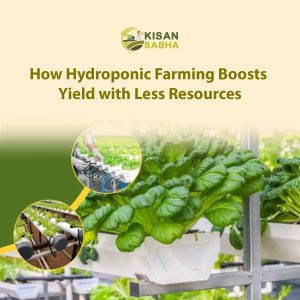The potato trade was holding back the crop in anticipation of better prices, but it did not happen, and traders were forced to release stocks, impacting the prices. In the case of tomatoes, good production this year has pushed down prices.
Prices of potato and tomato, two staple vegetables in Indian kitchens, have fallen by up to 30% and 20%, respectively, in the last fortnight, trade insiders said.

The potato trade was holding back the crop in anticipation of better prices, but it did not happen, and traders were forced to release stocks, impacting the prices. In the case of tomatoes, good production this year has pushed down prices.
Farmers in Andhra Pradesh have requested the tomato pulp industry in the state to buy more from them so that they can get some value for their produce, trade insiders said.

Talking to ET, Ashok Arora, president of the Potato and Onion Merchants Association said, “A fortnight ago, the price of a kilogram of potato in the wholesale market was ₹20. Now it has dropped to ₹14 -16 per kg,” Ashok Arora, president of the Potato & Onion Merchants Association, said.
The impact is being felt in the retail market as well where prices have dropped by 25-30%. He attributed to fall in prices to improved supply. Patit Paban De, a member of the West Bengal Cold Storage Association, said, “Traders were holding back the stock as they felt that prices would go up further.” But potato prices remained firm in recent months.
“Now that they have understood that there will be no further hardening of prices, they have started offloading the stock in the market,” De said.
Cold storages in West Bengal, the second largest producer of potatoes, had loaded six million tonnes of the tuber at the beginning of the season. Only 40% of this stock has been offloaded to date. Potato crop size in the country has fallen to 53.58 million tonnes this year, down three million tonnes compared to last year. Prices of tomatoes has fallen to ₹15 per kg from ₹20 per kg a fortnight ago, as per Ashok Kaushik, president of Tomato Traders Association.
“Farmers are not finding buyers to sell tomatoes,” he told ET. “The ketchup manufacturing industry requires hybrid tomatoes and not the ‘desi’ ones. Moreover, due to huge supply and lesser storage facilities black spots are developing inside the tomatoes, which are being discarded by the ketchup industry.”
India contributes to 10% of the world’s total tomato production. In FY22, India had produced 20 million metric tonnes of tomato.
However, a drop in prices of staple vegetables can bring some relief to the country’s food inflation, which in July moderated to 6.75% as against 7.75% in June.
Read More At:-https://bit.ly/3ekKLlh





